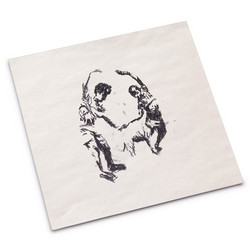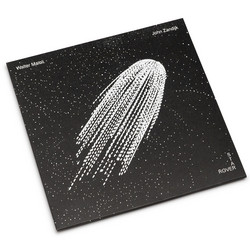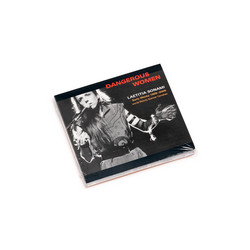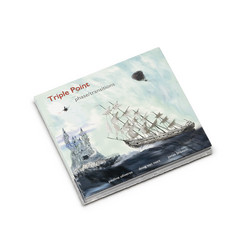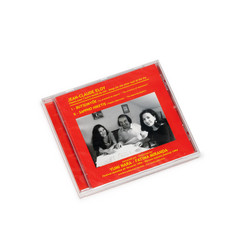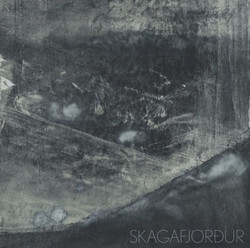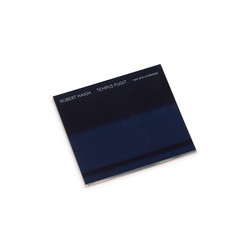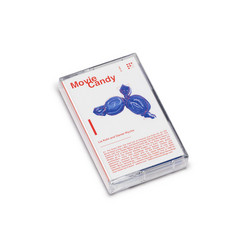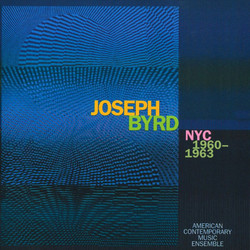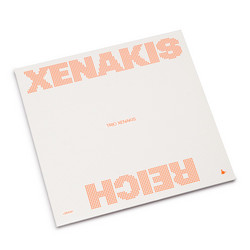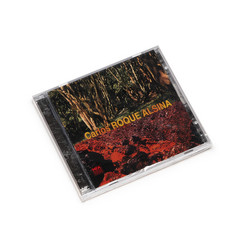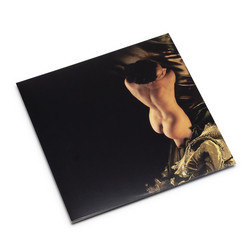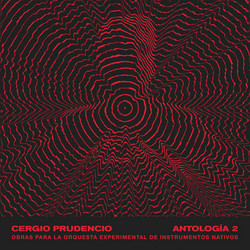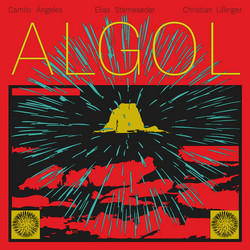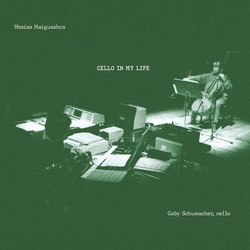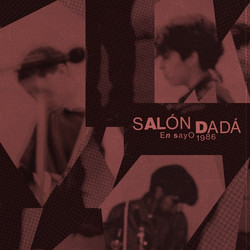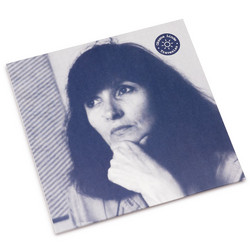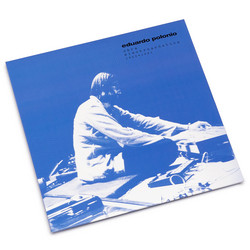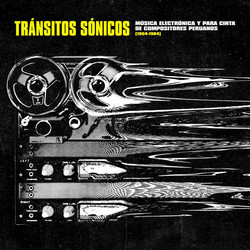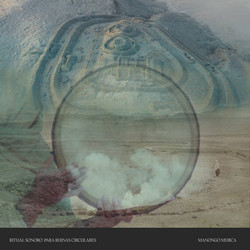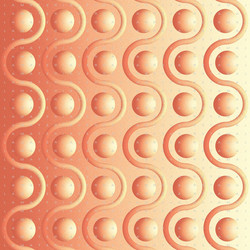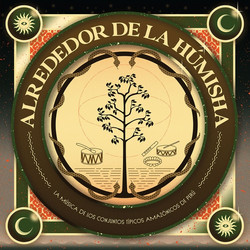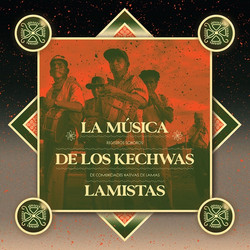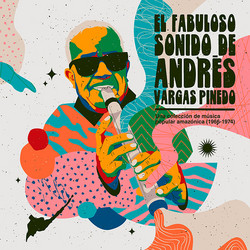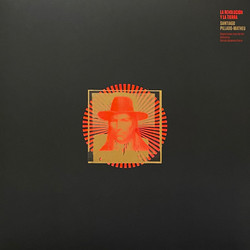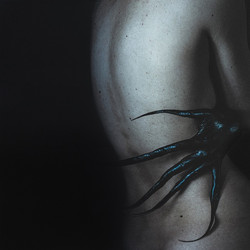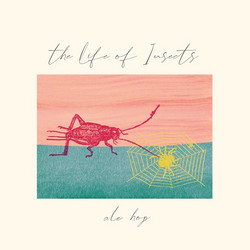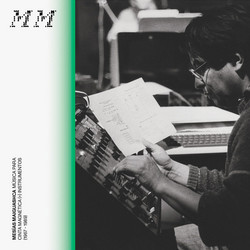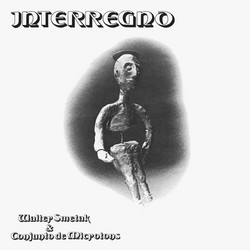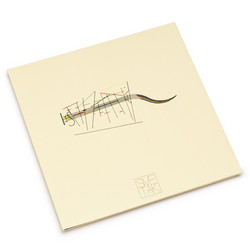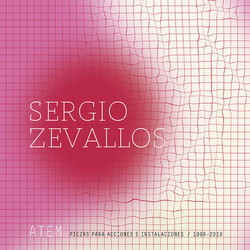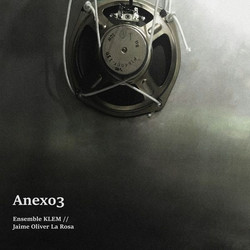Cergio Prudencio
Antología 1: Obras para la Orquesta Experimental de Instrumentos Nativos (2LP)
The work of Bolivian composer Cergio Prudencio (La Paz, 1955) is indissolubly linked to the project of the Orquesta Experimental de Instrumentos Nativos (Experimental Orchestra of Native Instruments, OEIN), which he co-founded in 1980 and of which he is the emeritus director. It constitutes one of the most challenging adventures in the music that has emerged in Bolivia and Latin America. The OEIN is the result of the incorporation of Aymara musical traditions into the realm of contemporary music to produce a new sonic world. This incorporation is not only based on using native instruments but also involves integrating their socio-historical context and philosophies from the Andean indigenous world. The release of Cergio Prudencio's Antología 1: Obras para la Orquesta Experimental de Instrumentos Nativos allows listeners to delve into this wealth of thought and sounds, into the work of a fundamental and radical artist, for whom decolonization is also an opening to experimentation and the new. These compositions project a historical memory into the present, constructing new horizons. This is evident in the works included in this album, such as "La ciudad" (1980), which marks the beginning of an understanding of highland urban soundscapes, a geography that cannot be understood without the groups of sikus and led to the formation of the OEIN. On the other hand, there is a piece like "Cantos insurgentes" (2012), composed from materials used for the soundtrack of the film Insurgentes by Jorge Sanjinés, a Bolivian director and founder of Grupo Ukamau, with whom Prudencio has had a long collaboration as the creator of music for his films. Prudencio's work has followed multiple musical paths, including music for conventional Western instruments, music for film and video, electroacoustic music, chamber opera and more. The album is completed with compositions such as "Tríptica" (1985), "Otra ciudad" (2005), and "Cantos funerales" (2015), offering an artistic and vital journey in Prudencio's trajectory as well as that of the OEIN. Limited edition of 300 copies. Includes a booklet with notes written by Cergio Prudencio. The recording, editing, and mastering were done by Gustavo Navarrete. Art and design by Gonzalo de Montreuil.





